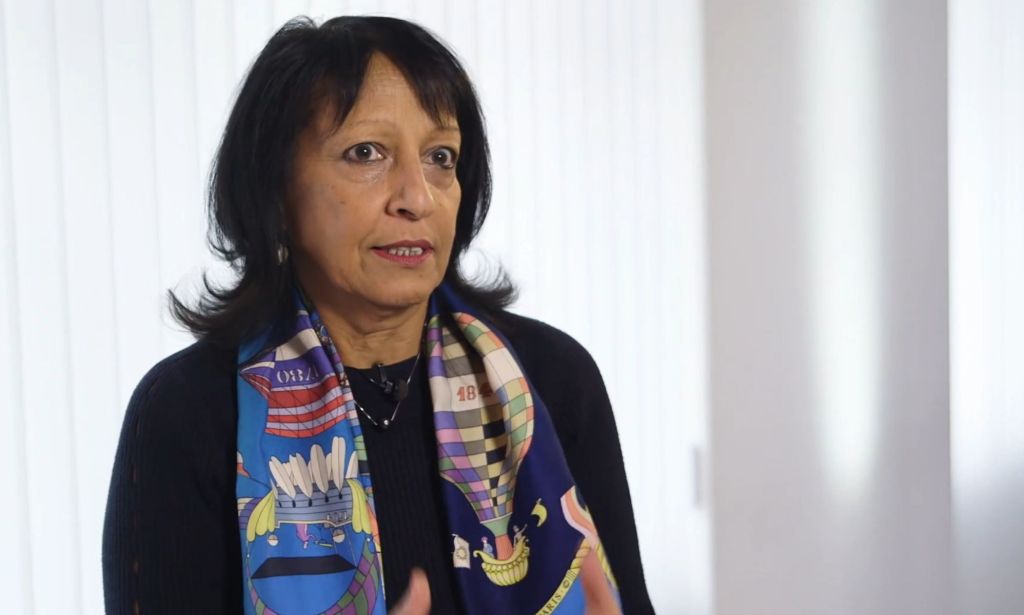Half of Brits support re-writing Equality Act to make sex mean ‘biological sex’, poll shows

Kemi Badenoch. (Getty)
Kemi Badenoch. (Getty)
A new poll ahead of the general election has found how many Britons support rewriting the Equality Act to define sex as ‘biological sex’.
The Conservative party have pledged to modify the 2010 Equality Act to make it easier for trans people to be excluded from single-sex spaces – despite provisions for exclusions already being included in the legislation.
In a letter to the Equality and Human Rights Commission (EHRC) written in February 2023, equalities minister Kemi Badenoch asked the organisation, which has recently become controversial for its approach to trans rights, for its advice on the “benefits or otherwise” of reforming the Equality Act.
In April of that year, the EHRC published an open letter responding to the request, advising Badenoch that changing the definition of sex would “bring greater legal clarity” and would provide better means for certain groups to exclude trans people.

EHRC chairwoman, Baroness Kishwer Falkner, wrote: “As things stand, a women’s book club, for instance, may have to admit a trans woman who had obtained a [Gender Recognition Certificate].
“On the biological definition, it could restrict membership to biological women.”
It then went on to claim that disadvantages would involve trans men being able to bring equal pay claims by citing that a cis man is paid more, and that a trans man would be able to bring direct or indirect sex discrimination claims “as a woman.”
Worrying number of Brits support Equality Act sex definition change
According to a poll published by YouGov on Monday (10 June), 50 per cent of Britons support the Conservative pledge to amend the Equality Act so that sex is defined as “biological sex.”
23 per cent reportedly oppose the pledge, while 27 per cent don’t know or aren’t sure.
Voters aged 65 and over are more likely to support the pledge, with around 63 per cent of 65+ year-olds saying they’re for the change against 12 per cent who are opposed to it.
Comparatively, 18-24-year-olds are the only age group more likely to oppose the changes than to support them. 31 per cent of 18-24-year-olds support the change, while 43 per cent oppose it.
The numbers varies significantly between party supporters, however, with 30 per cent of Labour supporters being in favour of the policy compared to the 71 per cent of Conservative voters and 48 per cent of Lib Dem voters.
Men are also more likely to support the change than women, despite claims that the change would be specifically to protect women’s spaces.
Despite the figures, the policy attracts less support than many other election pledges and policies included in YouGov’s survey.
A far higher proportion of those surveyed expressed support for pledges such as using private sector capacity to tackle wait times in the NHS, or creating a publicly owned renewable energy provider – both pledged by Labour.
Interestingly, the top three most-supported pledges come from the Liberal Democrats, those being the promise to award blue flag status to some rivers to protect them from sewage discharges (87 per cent support), cutting taxes on children’s toothbrushes and toothpaste (83 per cent support), and free school meals for all primary school children in England (74 per cent support).
The least popular pledge, from Labour, is to reduce the voting age to 16, with just 32 per cent supporting the promise as opposed to 59 per cent who are against it.

